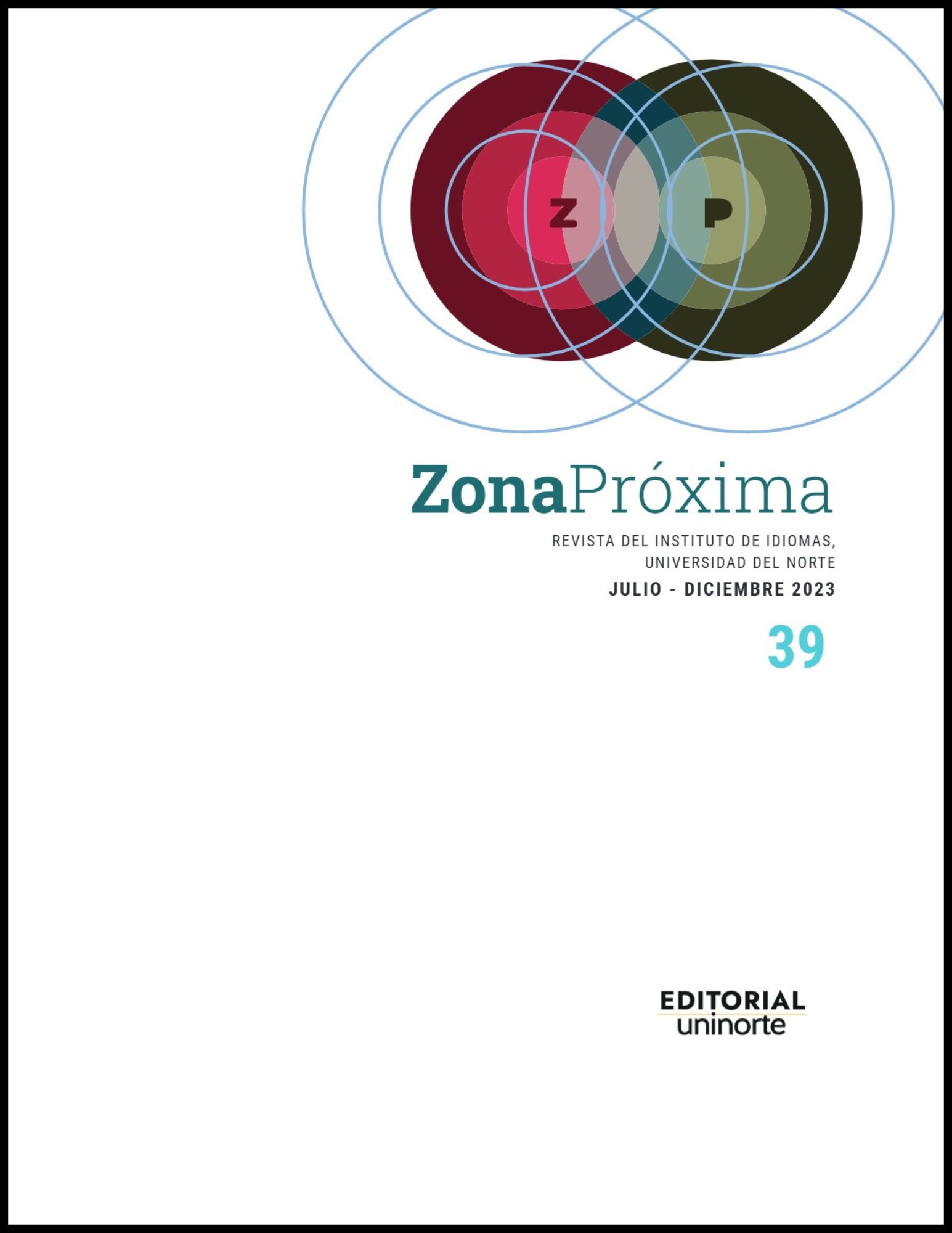Abstract
The interest of teachers in training to contribute with their research proposals to solve the problems they experience in their school contexts is a common script in Colombian postgraduate programs in education. However, this genuine pedagogical intention tends to be diluted due to misunderstandings in the programs themselves regarding the epistemological status of pedagogical research and the meaning given to the training of teacher-researchers. The article problematizes the formative research processes that, in a polarized way, either deepen the instrumentalization of the teacher or mistakenly lead him along the path of educational social science. The meaning of pedagogical research is restored from the explicitness, vigilance and empowerment of teaching knowledge, and its link with the renewed transformation of practices, as well as with the subjectivation of individuals. The scope of some methodological routes is analyzed from which formative research processes can be established in school environments.
References
Agudelo, M. y Lovera, C (2017). Arqueología y genealogía de las comunidades de práctica en Colombia. Aletheia, 11(2), 37-62. http://dx.doi.org/10.11600/21450366.11.2aletheia.37.62
Cabrera, V. y Soto, C. (2019). Enseñar la indagación narrativa en la formación docentes. Una experiencia de investigación que nos acerca. Revista Interuniversitaria de Formación del Profesorado, 33(3), 87-104. https://doi.org/10.47553/rifop.v33i3.75218
Carr, W. y Kemmis, S. (1988). Teoría crítica de la enseñanza. La investigación-acción en la formación del profesorado. Martínez Roca
Cervantes, E. (2019). Un Acercamiento a la Formación de Docentes como Investigadores Educativos en México. Revista Iberoamericana sobre Calidad, Eficacia y Cambio en Educación, 17(4), 59-74. https://doi.org/10.15366/reice2019.17.4.003
Elacqua, G., Hincapié, D., Vegas, E. y Alfonso, M. (2018). Profesión: profesor en América Latina ¿Por qué se perdió el prestigio docente y cómo recuperarlo? BID
Garzón, J. (2005). Unidades didácticas del curso epistemología de la pedagogía. UNAD
Giroux, H. (2017). Los profesores como intelectuales públicos. Revista de Pedagogía Crítica Paulo Freire, (1), 21-33. http://dx.doi.org/10.25074/07195532.1.527
Gorostiaga, J. (2017). La formación de investigadores en el campo de la política educativa: una mirada regional. RESU, 46(183), 37-45. https://doi.org/10.1016/j.resu.2017.06.001
Herrera, J. (2010). La formación de docentes investigadores: el estatuto científico de la investigación pedagógica. Magis, 3(5), 52-62. https://doi.org/10.11144/Javeriana.m3-5.fdie
Herrera, J. y Vega, V. (2015). El lugar de la investigación en la formación posgradual de los docentes del distrito en la Bogotá Humana. Alcaldía Mayor de Bogotá
Marín, J. (2019). Investigar en educación y pedagogía. Sus fundamentos epistemológicos y metodológicos. Magisterio
Perafán, G y Castañeda, L. (2015). El conocimiento profesional del profesor: tendencias investigativas y campo de acción en la formación de profesores. Pensamiento, palabra y obra, 14, 8-21. https://doi.org/10.17227/2011804X.14PPO8.21
Perafán, G. (2011). Pensamiento docente y práctica pedagógica. Magisterio
Perines, H. (2017). Las murallas invisibles entre la investigación educativa y los docentes. Ciencia y educación, 1(1), 11-21. https://doi.org/10.22206/cyed.2017.v1i1.pp11-21
Porlán, A., Rivero, A. y Martínez del Pozo, R. (1997). Conocimiento profesional y epistemología de los profesores I: Teoría, métodos e instrumentos. Enseñanza de las ciencias, 15(2), 155-171
Schütz, A. (1993). La construcción significativa del mundo social. Paidós
Tardif, M. (2014). Los saberes del docente y su desarrollo profesional. Narcea
Vasco, C., Martínez, A. y Vasco, E. (2008). Educación, pedagogía y didáctica. Una perspectiva epistemológica. En Hoyos, G. (Ed.). Filosofía de la Educación (pp. 99-127). Trotta
Vasco, E. (2001). Maestros, alumnos y saberes. Magisterio
Vezub, L. (2016). Los saberes docentes en la formación inicial. La perspectiva de los formadores. Pensamiento Educativo, (53)1, 1-14. https://doi.org/10.7764/PEL.53.1.2016.9
Zemelman, H. (2012). Los horizontes de la razón: uso crítico de la teoría. Anthropos
Zuluaga. O. (1999). Pedagogía e historia. La historicidad de la pedagogía. La enseñanza, un objeto de saber. Universidad de Antioquia

